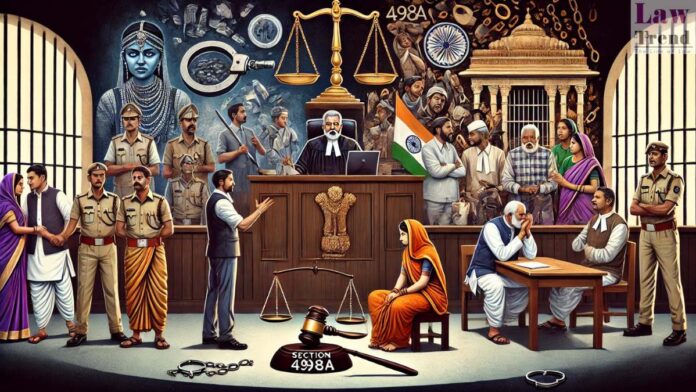The Bombay High Court has ruled that filing a false prosecution under Section 498A of the Indian Penal Code (IPC) with the intent to “correct” a spouse’s behaviour constitutes mental cruelty and provides valid grounds for divorce. The judgment was delivered by a division bench of Justice G.S. Kulkarni and Justice Advait M. Sethna, upholding
To Read More Please Subscribe to VIP Membership for Unlimited Access to All the Articles, Download Available Copies of Judgments/Order, Acess to Central/State Bare Acts, Advertisement Free Content, Access to More than 4000 Legal Drafts( Readymade Editable Formats of Suits, Petitions, Writs, Legal Notices, Divorce Petitions, 138 Notices, Bail Applications etc.) in Hindi and English.




